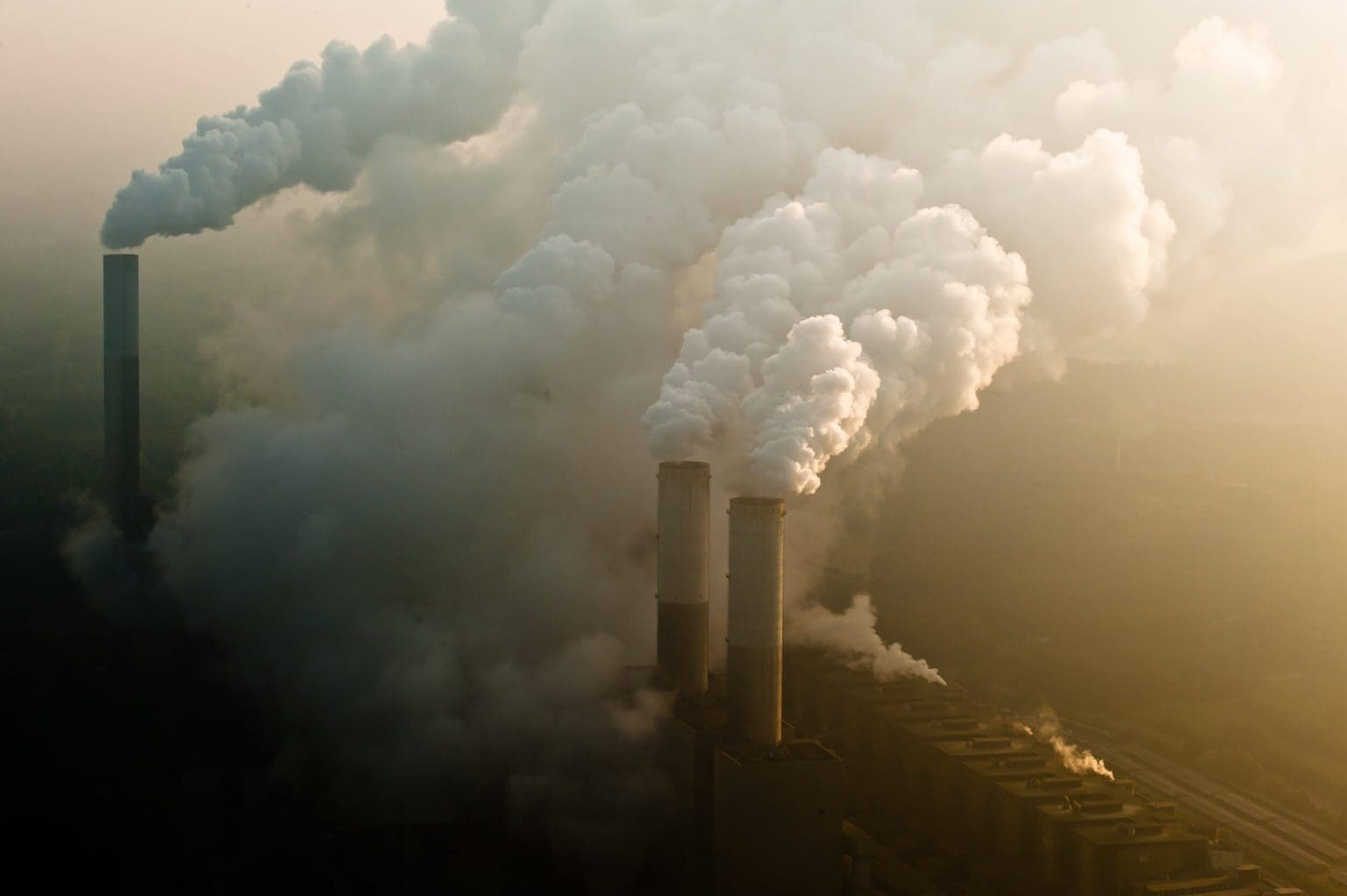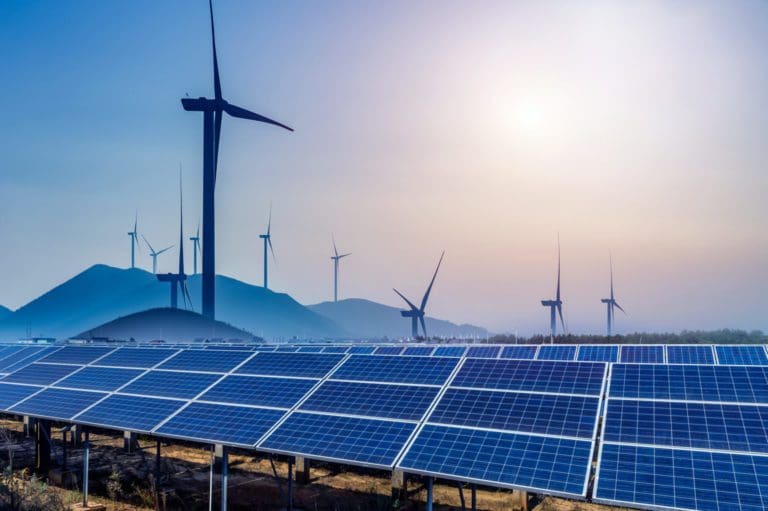As a result of the energy crisis exacerbated by the war in Ukraine, the EU has been scrambling to bolster gas supplies ahead of the winter. In a bid to save gas, many nations have resorted to restarting coal-fired plants that have been turned off or scaled down due to climate action. Alongside climate concerns, a different problem has reared its head: coal will soon be in short supply.
Logistical Issues
Coal consumption is on the rise in the region, as countries try to ensure a smooth winter energy-wise. The myriad of sanctions against Russia include the ban on coal imports which will cause a major headache, given that Russia has been the biggest supplier for the region.
According to Alex Thackrah, a senior coal analyst at the market intelligence firm Argus Media, the 2 million tons of coal the EU was scheduled to receive from Russia this month will be the last cargo of its kind.
The sanctions are not the only factor in the looming coal shortage, as sourcing and transporting fuel from elsewhere will also prove to be difficult. ‘It’s certainly going to be a challenge to get enough coal this winter,’ Thackrah said.
Potential suppliers include Indonesia, South Africa, and Colombia, but Thackrah claims that due to the particularly high-calorific form of coal that is typically used throughout the bloc, EU nations will incur ‘very expensive costs.’ This week, the benchmark European coal price on the API2 Rotterdam hub reached $380 per thousand tons, an increase of more than four times over the same period last year.
Coal price on the API2 Rotterdam hub reached $380 per thousand tons
What’s more, other countries such as South Korea and India also have existing coal supply deals with many of these nations, which will mean ‘stiff competition’ for the EU, according to Mark Nugent, an analyst at the shipbroker Braemar.
A significant portion of the EU’s coal arrives via ports in the Netherlands, and then travels along the Rhine river. Due to the unprecedented heatwaves in Europe, the river’s water levels have lowered by over 65 centimetres, greatly reducing the cargo volumes that can be carried by ships.
This supply chain bottleneck has already reduced Germany’s industrial output by one per cent in one month. Due to the large reduction in cargo capacity, millions of tons of coal are stuck in ports waiting to be delivered to coal plants.
Germany and Poland
The supply bottlenecks are likely to be felt the most in Poland and Germany. According to Rudolf Juchelka, professor of economic geography at the University Duisburg-Essen, a shortage would be especially devastating for the steel and chemicals industries in Germany, which accounted for 37 per cent of the EU’s overall use of hard coal and lignite last year. A smaller degree of impact would also be felt on power generation.
Juchelka also cautioned that if Russia cuts off gas supplies or technical problems keep delaying coal supply, the government may be obliged to enact tighter energy rationing measures. ‘If those [effects] come together … into one big effect, there will be problems,’ he said.
Despite the worrying forecasts, according to a representative of the German ministry for the environment, power plant executives have ‘assured’ legislators that they have enough coal on hand to make up for the lost Russian supplies. The spokesperson noted that the government has also implemented a new policy that attempts to ‘prioritize energy shipments’ over other kinds of delivery in order to ‘be ready’ in the case of an emergency.
Poland may be worse off, as over 2 million households still rely on hard coal for heating. Each of these homes are estimated to burn 3 tons of coal every winter, according to a senior energy analyst at the Polityka Insight think tank, Robert Tomaszewski.
There is now ‘a very huge risk that there will not be enough coal for some households,’ Tomaszewski said, anticipating that Poland may be short between 1 million and 2 million tons this winter as a result of the EU’s ban on Russian coal, which is scheduled to take effect the following month.
The government has seemingly failed to build up the country’s coal reserves ahead of the halt of coal imports from Russia that usually amount to 7 million tons every year.
Neither he nor his administration took any action after receiving the warning
In early March, Prime Minister Mateusz Morawiecki was advised by his cabinet that sanctioning Russian coal might cause a significant shortfall and encouraged him to establish a new strategic coal reserve, according to an investigation by Polish news outlet Onet. However, according to Onet, neither he nor his administration took any action after receiving the warning, nor did they conduct an official impact analysis of the EU’s proposed coal sanctions before voting in support of them.
In an attempt to soften the blow of the shortage and lack of action, PM Morawiecki announced that households affected by the lack of coal would receive €631 as ‘carbon allowance’ to help buy coal and ordered state-owned coal companies to purchase 4.5 million tons of coal by the end of the month.
Unfortunately, these measures will in all likelihood prove to be futile as getting the coal to the homes in time will be ‘probably impossible,’ according to Tomaszewski.
In an interview last Friday, Poland’s Energy Minister Anna Moskwa acknowledged that solving delivery logistics problems is ‘a difficult task’ for the government. She cited new contracts that were being negotiated to argue that it was ‘not true’ that there wouldn’t be enough coal for the winter.
As securing energy supplies takes priority, climate action is cast aside as the Polish climate ministry ‘temporarily suspends the existing quality requirements’ for coal sold on the market for households to increase availability.
The unfortunate return to coal energy will not be without hurdles, as EU members are scrambling to secure supplies. Russia will stop exporting coal soon and transporting coal from other partners is expensive and difficult. Supply bottlenecks due to dried up rivers will pose a further challenge, which means that a significant number of households will potentially be left without coal this winter.








